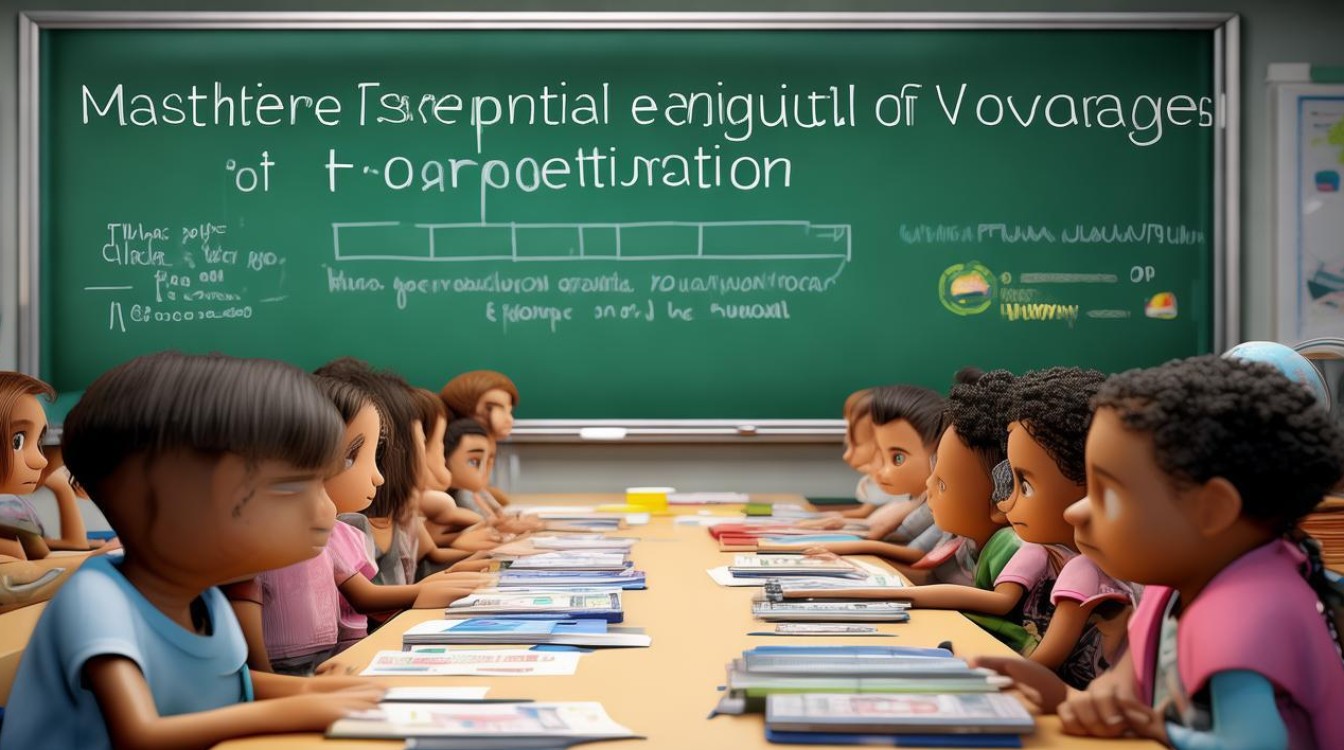Transportation is a universal topic, whether you're traveling, commuting, or discussing logistics. Knowing the right English words related to transport can enhance communication, improve travel experiences, and even aid in professional settings. This guide covers key terms across different modes of transportation, helping you navigate conversations with confidence.

Road Transportation
Road transport is the most common way people and goods move. Here are essential words and phrases:
-
Vehicle Types:
- Car – A four-wheeled motor vehicle for personal use.
- Truck – A large vehicle for transporting goods.
- Bus – A public transport vehicle carrying multiple passengers.
- Motorcycle – A two-wheeled motorized vehicle.
- Bicycle – A human-powered two-wheeler.
-
Infrastructure:
- Highway – A major road connecting cities.
- Freeway / Motorway – A high-speed road with no traffic lights.
- Intersection – Where two or more roads meet.
- Roundabout – A circular intersection where traffic flows around a central island.
-
Traffic Terms:
- Congestion – Heavy traffic causing delays.
- Rush hour – Peak traffic times, usually mornings and evenings.
- Speed limit – The maximum legal speed for vehicles.
- Pedestrian – A person walking on foot.
Rail Transportation
Trains are a fast and efficient way to travel, especially in urban and intercity settings.

-
Train Types:
- Commuter train – A local train for daily travel.
- Express train – A fast train with limited stops.
- Freight train – A train carrying goods rather than passengers.
- Subway / Metro – An underground urban rail system.
-
Railway Terms:
- Platform – The area where passengers wait for trains.
- Ticket barrier – Automated gates that check tickets.
- Timetable – A schedule of train departures and arrivals.
- Delay – When a train arrives later than scheduled.
Air Travel
Air travel involves a specialized vocabulary, from boarding to landing.
-
Airport Terms:
- Terminal – The main building where passengers check in.
- Check-in counter – Where travelers receive boarding passes.
- Security checkpoint – Area where passengers are screened.
- Boarding pass – A document allowing entry to the plane.
-
Flight-Related Words:

- Takeoff – When the plane leaves the ground.
- Landing – When the plane returns to the ground.
- Turbulence – Sudden, unexpected air movement causing shaking.
- Layover – A stop between flights.
Maritime Transportation
Ships and boats play a crucial role in global trade and travel.
-
Vessel Types:
- Cruise ship – A large passenger ship for leisure travel.
- Cargo ship – A vessel transporting goods.
- Ferry – A boat carrying passengers and vehicles short distances.
-
Nautical Terms:
- Port – The left side of a ship (when facing forward).
- Starboard – The right side of a ship.
- Dock – A structure where ships load and unload.
- Anchor – A heavy device to keep a ship stationary.
Public Transportation
Public transport systems vary by city but share common terminology.
- Common Terms:
- Fare – The cost of a ticket.
- Transfer – Switching from one vehicle to another.
- Route – The path a bus, train, or tram follows.
- Schedule – The timetable for arrivals and departures.
Useful Phrases for Travelers
Knowing key phrases can make travel smoother:

- "Where is the nearest bus stop?"
- "How much is a ticket to the city center?"
- "Is this seat taken?"
- "Does this train go to [destination]?"
Emerging Transportation Trends
Transportation is evolving with technology. Some modern terms include:
- Ride-sharing – Services like Uber or Lyft.
- Electric vehicle (EV) – A car powered by electricity.
- Autonomous vehicle – A self-driving car.
Understanding these words ensures you stay informed and communicate effectively in any transport-related situation. Whether you're a traveler, student, or professional, mastering this vocabulary opens doors to smoother journeys and clearer conversations.
By expanding your knowledge of transportation terms, you gain confidence in navigating different systems and discussing travel plans with ease. The right words can make every trip more efficient and enjoyable.



